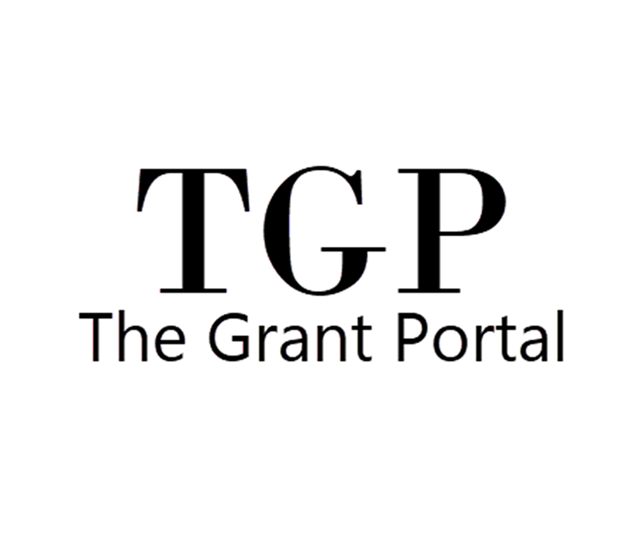Grants for law, justice, juvenile justice, and legal services are available from various sources, including government agencies, foundations, nonprofit organizations, and legal advocacy groups. These grants support initiatives aimed at promoting access to justice, addressing legal issues, and improving the justice system. Here are some common types of grants in this category:
1. **Legal Aid and Legal Services Grants:** These grants fund organizations that provide free or low-cost legal assistance to individuals and families with limited financial resources, helping them address civil legal issues.
2. **Criminal Justice Reform Grants:** Funding supports initiatives aimed at reforming the criminal justice system, reducing mass incarceration, and addressing issues related to sentencing, bail, and reentry programs.
3. **Juvenile Justice Grants:** Grants are available to support programs and services that address the needs of juvenile offenders, with a focus on rehabilitation, diversion, and alternatives to detention.
4. **Domestic Violence and Family Law Grants:** Funding supports organizations that provide legal services to survivors of domestic violence, including assistance with protective orders, divorce, child custody, and support.
5. **Access to Justice Grants:** These grants aim to improve access to justice for underserved and marginalized populations by supporting initiatives that bridge the justice gap and increase legal representation.
6. **Victims’ Rights and Services Grants:** Grants fund programs and services that provide support and assistance to crime victims, including legal advocacy, counseling, and emergency assistance.
7. **Criminal Justice Training and Education Grants:** Funding supports training programs for law enforcement, legal professionals, and individuals working in the criminal justice field.
8. **Prisoner Reentry Grants:** Grants may fund programs that assist formerly incarcerated individuals with reintegration into society, including legal aid, employment assistance, and housing support.
9. **Human Rights and Social Justice Grants:** Some grants support organizations and projects focused on advancing human rights, social justice, and civil liberties through legal advocacy and public policy.
10. **Death Penalty Abolition Grants:** Funding is available for organizations and initiatives working to abolish the death penalty and promote alternatives to capital punishment.
11. **Criminal Justice Data and Research Grants:** Grants fund research and data collection efforts related to criminal justice policy, practices, and outcomes.
12. **Restorative Justice Grants:** These grants support restorative justice programs that emphasize reconciliation, healing, and accountability for both victims and offenders.
13. **Legal Clinics and Pro Bono Services Grants:** Funding supports legal clinics and pro bono services provided by law schools, bar associations, and nonprofit organizations.
14. **Immigrant and Refugee Legal Services Grants:** Grants may fund organizations that provide legal assistance to immigrants and refugees, including assistance with asylum applications and immigration status issues.
15. **Hate Crime Prevention Grants:** Some grants support initiatives that address hate crimes and discrimination through legal advocacy, education, and community outreach.
For grant availability, check out www.thegrantportal.com. When applying for grants in the field of law, justice, juvenile justice, and legal services, carefully review the eligibility criteria, application guidelines, and funding priorities of each granting organization. Tailor your proposal to align with the specific goals and objectives of the grant opportunity, and consider collaborating with legal aid organizations, community groups, and advocacy networks to strengthen your grant application and increase its chances of success.





